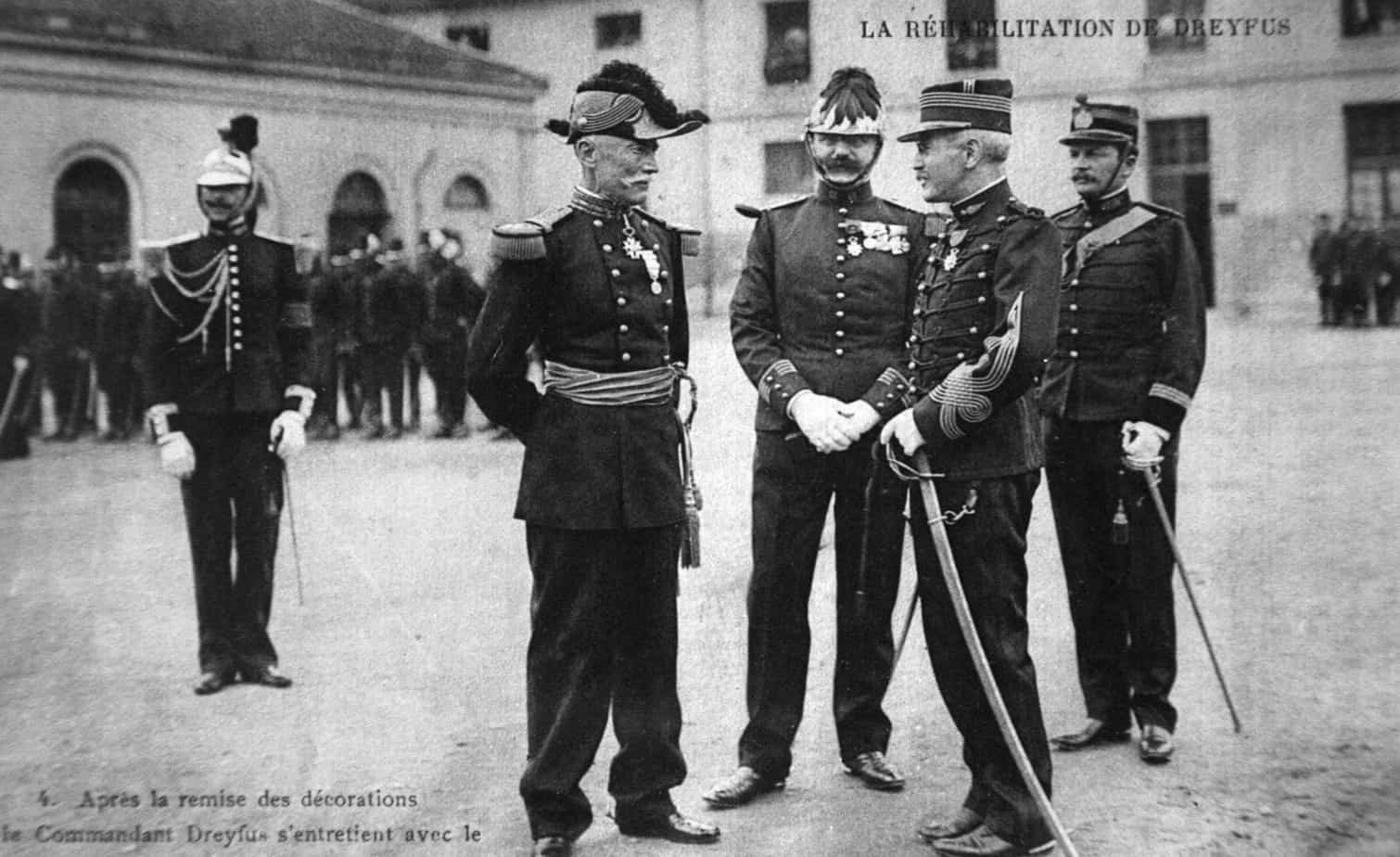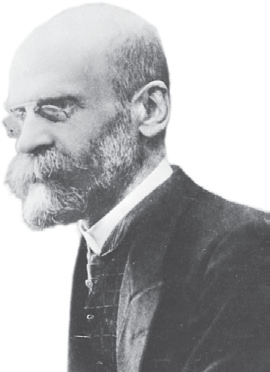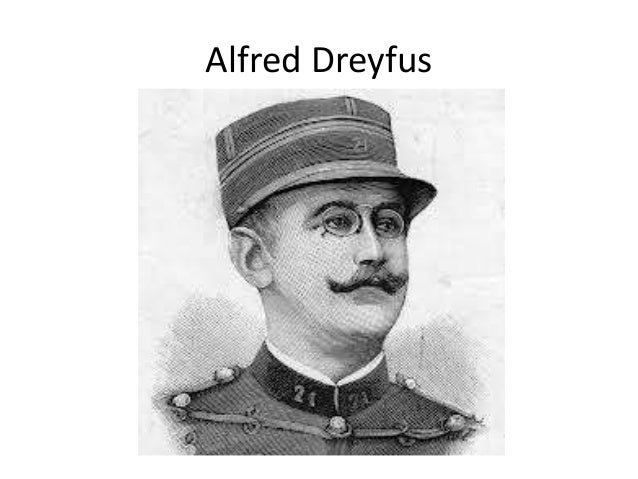
We have seen certainly two Marxs and two Webers. Now we move to our last author in this course, to Émile Durkheim.

Durkheim believed that society would function better if individuals labor at different and complementary tasks with the same vision or goal in mind.įoundations of Modern Social Theory SOCY 151 - Lecture 22 - Durkheim and Types of Social SolidarityĬhapter 1. Inspired by Montesquieu, Durkheim tracks this change in types of solidarity and change in what he termed the “collective conscience” by looking at a shift in law, from penal law focused on punishing individuals to restitutory law based on contract. Durkheim argues in The Division of Labor in Society that the type of social solidarity has changed, due to the increasing division of labor, from mechanical solidarity between similar individuals to organic solidarity based on difference. Throughout his career, Durkheim was a methodological collectivist, and–unlike Marx and Weber, who were interested in social conflict–was consistently interested in what holds society together. In the early years of his career, Durkheim’s orientation was functionalist ( The Division of Labor in Society) and positivist ( The Rules of Sociological Method) in the early twentieth century he took a cultural turn and became interested in religion ( The Elementary Forms of Religious Life).


Lecture 22 - Durkheim and Types of Social Solidarity OverviewĮmile Durkheim, a French scholar who lived from 1858 until 1917, was one of the first intellectuals to use the term “sociology” to describe his work.


 0 kommentar(er)
0 kommentar(er)
